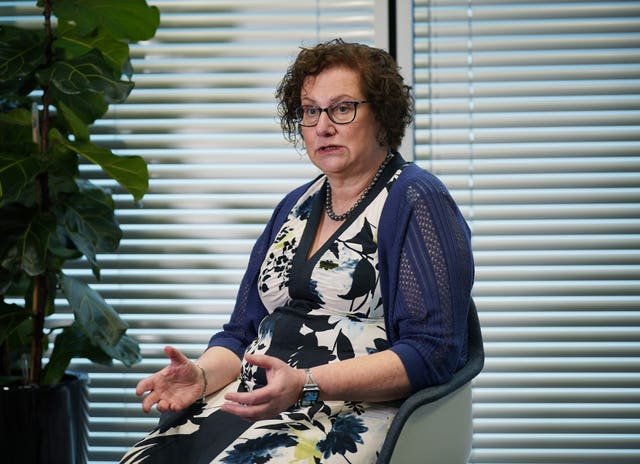The Health Secretary has warned he is “treading cautiously” in his decision to restrict puberty blockers amid “lots of fear and anxiety”.
Wes Streeting has faced criticism from within his own party for the decision, with members of Labour’s LGBT wing writing to him on Sunday with “concerns” about an indefinite ban.
Victoria Atkins, Mr Streeting’s predecessor in the former Conservative government, used Medicines Act 1968 powers to stop private or European organisations from prescribing puberty blockers to young people aged under 18, if the drugs were intended to aid with gender incongruence or gender-affirming healthcare.
Campaign group TransActual and a young person who cannot be named have launched a High Court bid to challenge the Government’s order.
Their barrister Jason Coppel KC had said the former minister “proceeded without taking clinical or other scientific advice on those views and overruled officials who had wanted wider consultation and had warned her of serious impacts, including self-harm and suicide, on highly vulnerable children and young persons who had already embarked upon treatment”.
Mr Streeting took to X, formerly Twitter, to explain his decision to press ahead with the High Court battle.
“Children’s healthcare must always be led by evidence,” the Health Secretary wrote.
“Medicine given to children must always be proven safe and effective first.”

The NHS does not prescribe puberty blockers, which suppress young people’s natural production of sex hormones to delay puberty, to children because “there is not enough evidence of safety and clinical effectiveness”, according to the health service.
Dr Hilary Cass in her independent review of gender identity services, published earlier this year, urged health authorities to set up a wide-ranging research programme which looks at different interventions for children and young people who are questioning their gender identity, including puberty blockers.
Mr Streeting said: “(The) Cass Review found there is not enough evidence about the long-term impact of puberty blockers for gender incongruence to know whether they are safe or not, nor which children might benefit from them.
“The evidence should have been established before they were ever prescribed.
“The NHS took the decision to stop the routine use of puberty blockers for gender incongruence/dysphoria in children.
“They are establishing a clinical trial with NIHR (National Institute for Health and Care Research) to ensure the effects of puberty blockers can be safely monitored and provide the evidence we need.”
Mr Streeting said clinicians can prescribe blockers to children who begin puberty too early because this has been “extensively tested”, and added: “This is different to stopping the normal surge of hormones that occur in puberty. This affects children’s psychological and brain development.
“We don’t yet know the risks of stopping pubertal hormones at this critical life stage.
“That is the basis upon which I am making decisions.
“I am treading cautiously in this area because the safety of children must come first.”

Following his posts on social media, LGBT+ Labour published a letter to Mr Streeting, signed by the organisation’s trans officer Dylan Naylor, and Willow Parker, the trans officer for the political party’s student wing.
They wrote: “In line with the review’s recommendations, steps must be taken to cut waiting lists for trans youth, address long-term staffing issues, move towards a decentralised, equitable system for accessing care (including through the provision of regional centres), provide comprehensive training for NHS staff on how best to to support and work sensitively with trans and questioning young people, and better address the current toxicity of public debate which is actively harmful to young people.”
The authors called on the Health Secretary to “urgently set out the timeline, scope and nature” of a clinical trial and added: “We hope that, under this new Labour government, progress can be made to reset the public discussion on trans rights, centring on the humanity of, and compassion for, each individual trans person.”
You may also like: WATCH: Drunk England fan shouts ‘Free Palestine’ during Sky News interview

